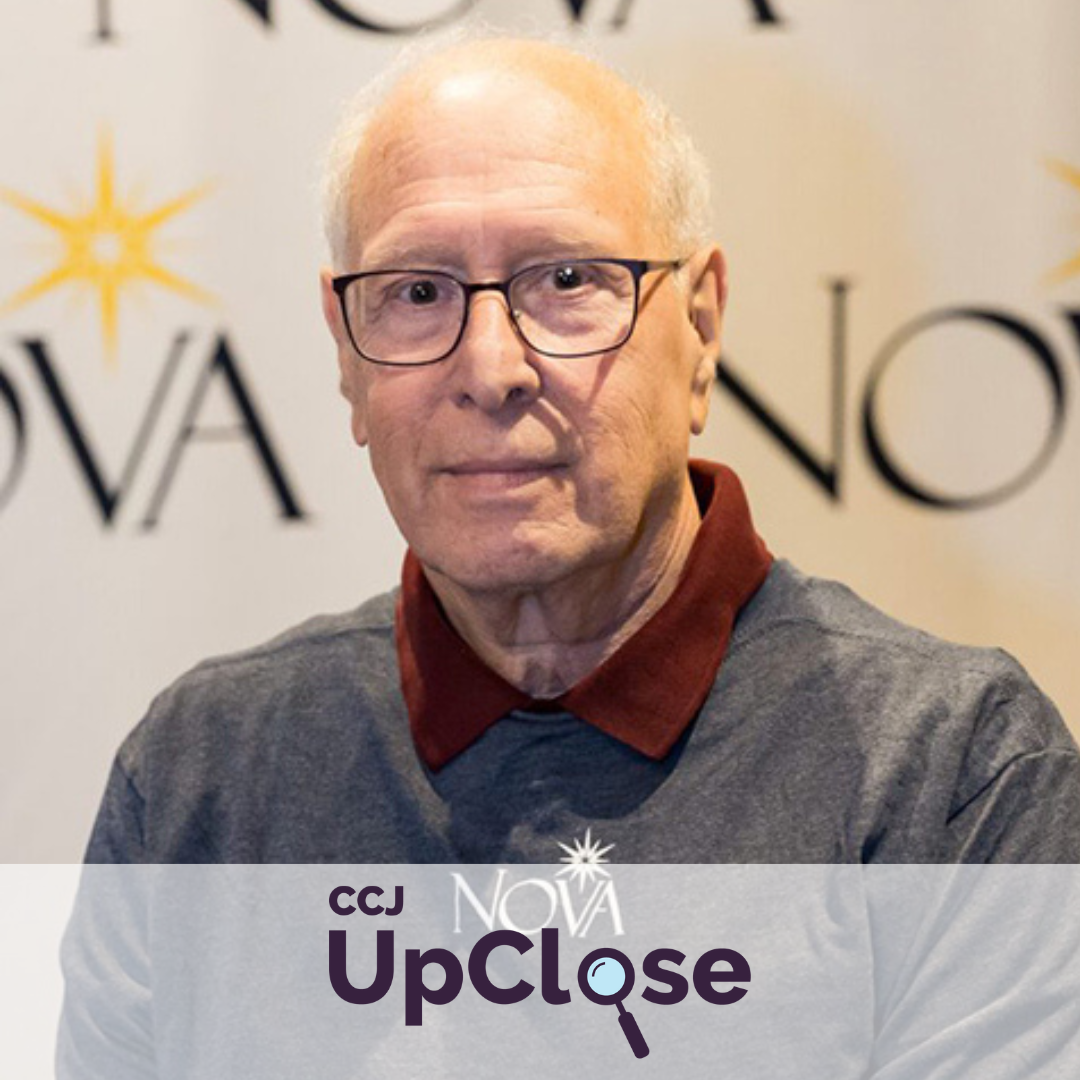5:00 a.m. ET, July 29, 2021
Contact: Jenifer Warren
jwarren@counciloncj.org
916-217-0780
WASHINGTON, D.C. – Murder counts in major American cities continued to rise throughout the first half of 2021, but the pace of the increase slowed from the first to the second quarter of the year, according to research released today by the Council on Criminal Justice (CCJ).
Examining homicide in 22 cities through the first six months of 2021, the study found that the number of murders was 16% greater than during the same period in 2020 – claiming an additional 259 lives – and 42% greater than during the first half of 2019, representing an additional 548 lives. Gun assaults (+5%) and aggravated assaults (+9%) also were up during the first half of 2021 compared to the same time frame last year, while drug and most property crimes fell.
Even with the 2021 increase, the homicide rate for the cities studied was about half what it was for those cities at the peak of violent crime rates in the early 1990s (15 deaths per 100,000 residents in those cities versus 28 per 100,000 in 1993). Nevertheless, the study’s authors called for “urgent action” to address the spike in violence.
A new CCJ panel will investigate the causes of rising violence and help decision-makers translate rigorous evidence and lived experience into effective policy and practice. Launched this week, the Violent Crime Working Group includes 15 leaders from community violence intervention organizations, law enforcement, the public health sector, and academia. The group is chaired by violence-reduction expert Thomas Abt, a Council Senior Fellow. (See member list below.)
“The recent rise in homicide has added urgency to our efforts to bring peace to our cities,” said Abt, author of Bleeding Out: The Devastating Consequences of Urban Violence – And a Bold New Plan for Peace in the Streets. “The Council is grateful for this diverse group of experts who have dedicated themselves to this project, and I firmly believe our collaboration can produce solutions that can make a difference now.”
Rates of other major offenses declined in the first half of 2021, the new data released today shows. Robbery (-6%), residential burglary (-9%), nonresidential burglary (-9%), larceny (-6%), and drug offense (-12%) rates all fell from the same period in 2020. Motor vehicle theft rates, however, were 21% higher in the first half of 2021 than the year before.
Domestic violence rates were 2% higher during the first half of 2021 compared with the same period last year, but that finding is based on just 12 of the 29 cities in the study – and other research shows a larger increase in domestic violence during the pandemic.
The study was conducted by noted criminologist and Professor Emeritus Richard Rosenfeld of the University of Missouri – St. Louis and CCJ Research Specialist Ernesto Lopez. It updates a series of earlier reports with new data through the end of June 2021, examining crime rates for 10 offenses in a total of 29 cities, including Atlanta, Boston, Detroit, Baltimore, Chicago, Denver, Memphis, and Philadelphia. The smallest city in the sample was Norfolk, VA, with 245,000 residents; the largest was Los Angeles, with nearly 4 million residents. Not all cities reported data for every crime.
About the Violent Crime Working Group
The Group will address the most critical questions related to the drivers of violent crime and effective responses. Among other topics, the Group will examine common hypotheses for the recent spike in violence, including “de-policing,” “de-legitimizing,” and escalating firearm purchase rates. Members also will assess community-based strategies for reducing gun violence; law enforcement approaches, such as hot spot and community-oriented policing; early prevention efforts that target at-risk youth and families; and policies that limit the legal and illegal availability of firearms.
The group’s findings and conclusions will be summarized in regular bulletins and through periodic public web events, including one on August 3. Support for the initiative comes from The Harry Frank Guggenheim Foundation, the John D. and Catherine T. MacArthur Foundation, the Charles Koch Institute, and Microsoft, as well as CCJ’s general operating contributors.
The working group members are:
- Ciera Bates-Chamberlin, Executive Director, LIVE FREE ILLINOIS
- Eduardo Bocanegra, Senior Director, READI Chicago
- Paul Carrillo, Director, Community Violence Initiative, Giffords Law Center
- Hernán Carvente-Martinez, Founder & CEO, Healing Ninjas Inc.
- Vaughn Crandall, Co-Director, California Partnership for Safe Communities
- Linda Harllee-Harper, Gun Violence Prevention Director, Office of the City Administrator, Washington, D.C.
- Daniel Isom, Director of Public Safety, St. Louis
- Duval County Judge London Kite, Jacksonville, FL
- Ajima Olaghere, Assistant Professor, Criminal Justice, Temple University
- Emily Owens, Professor, Department of Criminology, Law, and Society, University of California, Irvine
- Alex Piquero, Chair, Department of Sociology & Criminology, University of Miami
- Jason Potts, Captain, Vallejo (CA) Police Department
- Chico Tillmon, Senior Research Fellow, University of Chicago Crime and Education Labs
- Emada Tingirides, Deputy Chief, Los Angeles Police Department
- Daniel Webster, Bloomberg Professor of American Health, Johns Hopkins Bloomberg School of Public Health
About the Council on Criminal Justice
The Council on Criminal Justice (CCJ) is a nonpartisan invitational membership organization and think tank that advances understanding of the criminal justice policy challenges facing the nation and build consensus for solutions based on facts, evidence, and fundamental principles of justice.



